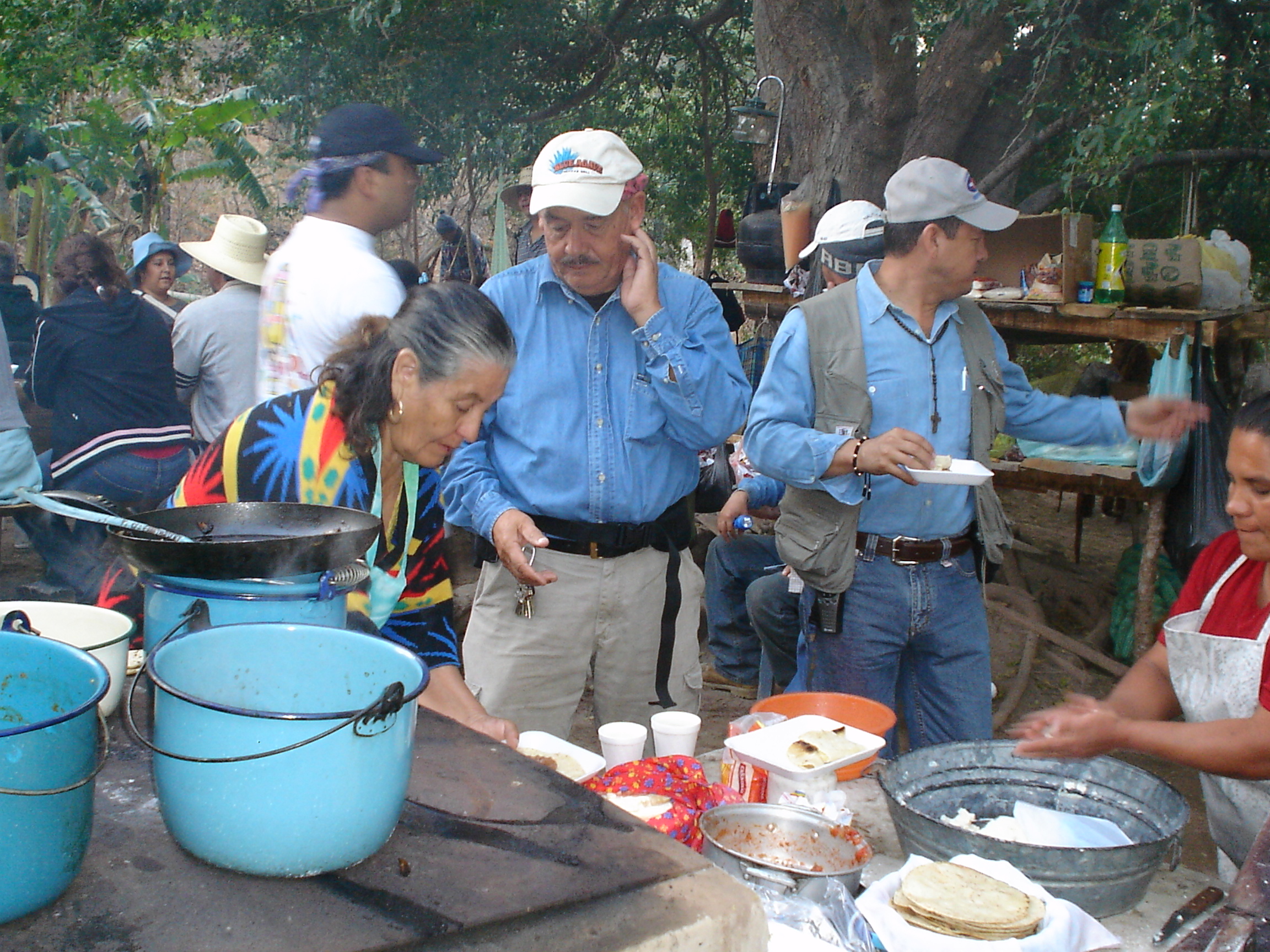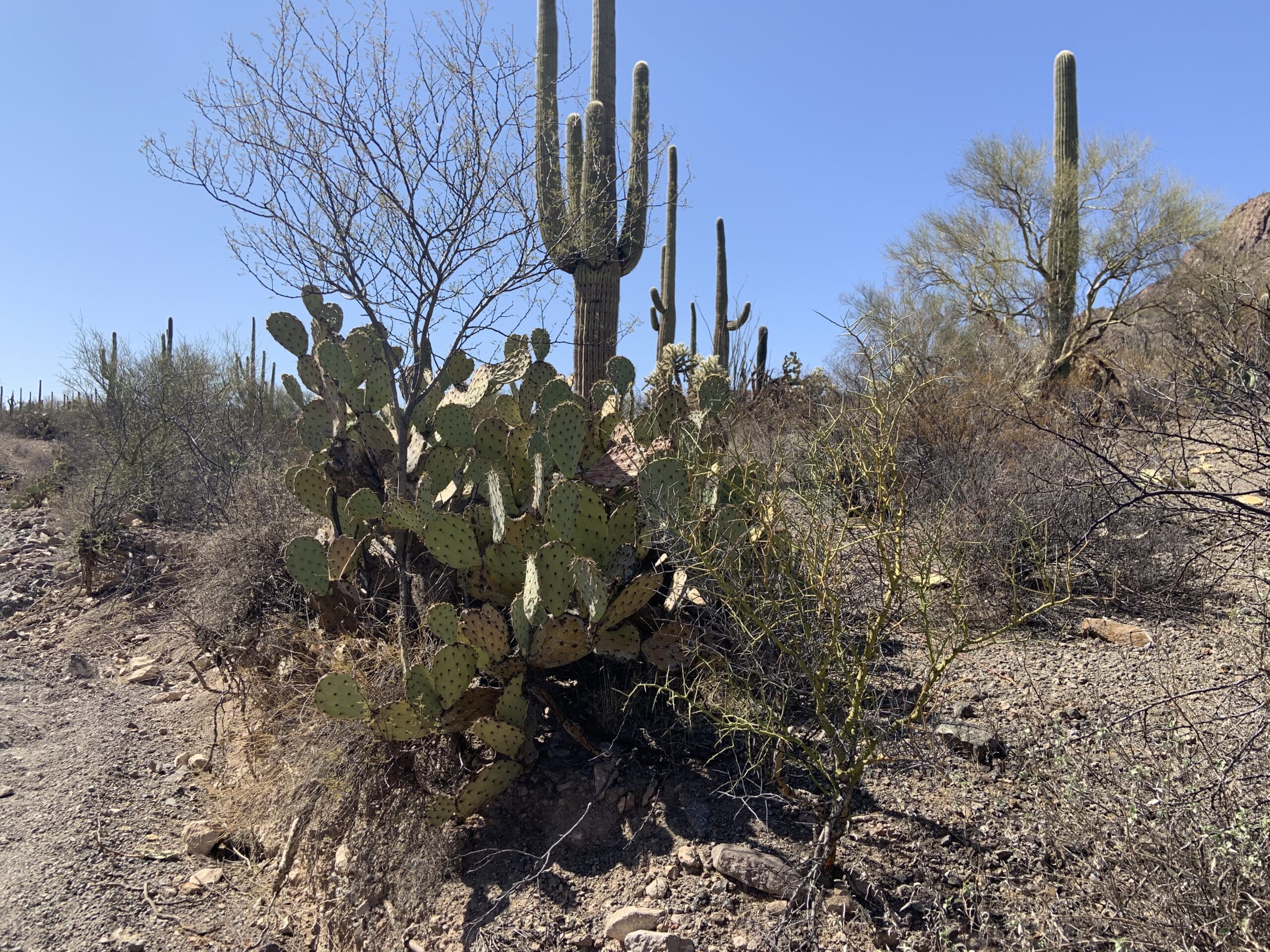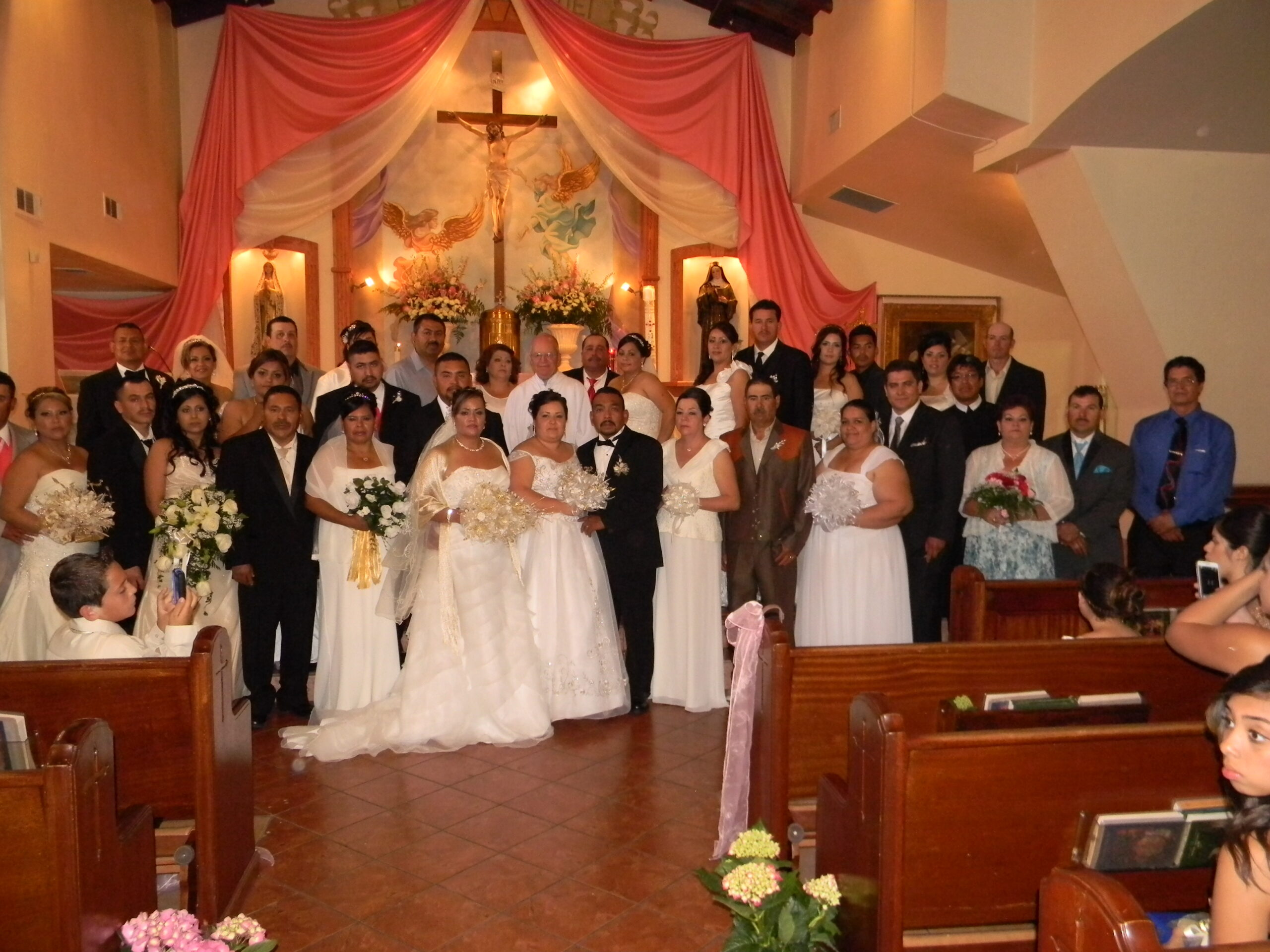Identifying the periphery – Identificando la periferia
Identificando la periferia
Como Jesús envió a los discípulos a ser misioneros para llevar la Palabra de Dios a todas las naciones, el Papa Francisco nos llama a cada uno de nosotros a salir a las “periferias”. “Cada cristiano y cada comunidad discernirá cuál es el camino que el Señor le pide, pero todos somos invitados a aceptar este llamado: salir de la propia comodidad y atreverse a llegar a todas las periferias que necesitan la luz del Evangelio. (EG. 20) El Concilio Vaticano dijo que el mensaje de Jesús era “no sólo para los hijos de la Iglesia y para todos los que invocan el nombre de Cristo, sino para toda la humanidad”. (Gaudium et spes, 2) Y el Papa Juan Pablo II nos dijo que proclamáramos el mensaje de Jesús con un nuevo “ardor, métodos y expresión.”
El Papa Francisco pide a la Iglesia que se acerque a la periferia nueve veces en el texto en español de la Alegría del Evangelio, pero en el texto en inglés, la palabra se traduce como personas al margen, los márgenes al borde del alcance de la Iglesia. La dificultad de la traducción de periferia puede ser una bendición si consideramos el mensaje de la necesidad de diferentes formas de transmitir su significado. Para la mayoría de nosotros, nuestra comprensión de la periferia significa misiones en el extranjero. Suena exótico. Soñaba con que me asignaran a misiones en el extranjero, pero mis dificultades para aprender un segundo idioma asustaron a mis superiores y me enviaron a Wichita, Kansas. Aunque no fue enviado a un país extranjero, todavía gente de la periferia buscaba mi atención. Las personas al margen de la Iglesia no solo estaban fuera de nuestras iglesias, muchas eran participantes frecuentes y regulares en las comunidades de fe.
Involucrados en las obras de las sociedades de San Vicente de Paulo y otros grupos para ayudar a los pobres, conocimos a los marginados. En Alcohólicos Anónimos y otras comunidades de doce pasos hay muchos sentimientos fuera de la preocupación de la Iglesia. Las divisiones étnicas, culturales, raciales, educativas, lingüísticas y de orientación sexual fracturan muchas de nuestras comunidades de fe. Las presiones económicas, las divisiones familiares, las discapacidades, el envejecimiento y los problemas de salud mental nos aíslan unos de otros.
Cuando comencé el ministerio como sacerdote, a menudo respondía a la necesidad obvia de una persona que buscaba ayuda, pero no consideraba la experiencia de estar constantemente fuera de la vida normal de las comunidades de fe. La periferia es más que los que necesitan comida, refugio o consejo. ¿Podemos identificar a aquellos que viven fuera de la experiencia ordinaria de la vida de la iglesia?
Después de la misa, un domingo por la mañana, fui a almorzar los domingos a un restaurante con amigos de la parroquia. Una preocupación por la falta de jóvenes que asistan a misa el domingo. Mientras se servía nuestra comida, observé que había más de veinte trabajadores en el restaurante, la mayoría de ellos fueron jóvenes. Les pregunté a mis amigos, ¿cuándo piensan que los trabajadores empezaron a trabajar esa mañana? Luego le preguntamos a una mesera cuándo terminó el trabajo del día. Nuestro horario de misa dominical no acomodaría a un solo trabajador en el restaurante. Mis amigos reconocieron conmigo que estas son personas de la periferia.
Los invito a considerar a aquellos en su comunidad y familia que están en la periferia. Reconozcamos nuestras limitaciones para llegar a los que están en la periferia y busquemos formas de llegar a los que están al margen de nuestra iglesia y nuestra sociedad.
(Si tienes observaciones o preguntas para Padre Migrante, envían las a padremigrante@gmail.com)
Identifying the periphery
As Jesus sent the disciples to be missionaries to take the Word of God to all nations, Pope Francis calls on each of us to go out to the “peripheries”.“Each Christian and every community must discern the path that the Lord points out, but all of us are asked to obey his call to go forth from our own comfort zone in order to reach all the “peripheries” in need of the light of the Gospel.” (EG. 20) The Vatican Council said that Jesus’s message was “not only to the sons of the church and to all who invoke the name of Christ, but to the whole of humanity.” (Gaudium et spes, 2) And Pope John Paul II told us to proclaim Jesus’ message with new “ardor, methods and expression.”
Pope Francis calls on the Church to reach out to the periphery nine times in the Spanish text of the Joy of the Gospel, but in the English text, the word is translated as people on the fringe, the margins on the edge of Church outreach. The difficulty of translation of periferia can be a blessing if we consider message of needing different ways to convey its meaning. For most of us, our understanding of the periphery means foreign missions. It sounds exotic. I dreamed of being assigned to foreign missions, but my struggles in learning a second language scared my superiors, and I was sent to Wichita, Kansas. While not sent to a foreign land, people on the periphery came seeking attention of the Church. People on the fringe or margins of the Church were not only outside of our churches, many were frequent and regular participants in faith communities.
Engaging in the works of the St. Vincent de Paul societies and other groups to help the poor, we met those on the fringe. In Alcoholics Anonymous and other twelve step communities there are many feeling outside the concern of the Church. Ethnic, cultural, racial, educational, linguistic and sexual orientation divisions fracture many of our faith communities. Economic pressures, family divisions, disabilities, aging and mental health issues isolate us one from another.
When I first began ministry as a priest, I often responded to the obvious need of a person seeking help, but failed to consider the experience of consistently being outside the normal life of faith communities. The periphery is more than having a need for food or shelter or counsel. Can we identify those who live outside the ordinary experience of church life?
After Mass, one Sunday morning, I went for Sunday brunch in a restaurant with friends from the parish. A concern about the lack of young people attending Mass on Sunday. As our meal was being served, I observed that there were over twenty workers in the restaurant, most of them were young. I asked my friends when they figured that the workers began work that morning. Then we asked a server when she finished work for the day. Our Sunday Mass schedule would not accommodate a single worker in the restaurant. My friends recognized with me that these are people on the periphery.
I invite you to consider those in your community and family who are on the periphery. Let us recognize our limitations in reaching those on the periphery and seek ways that we may reach out to those on the fringes of our church and society.
(If you want Padre Migrante to respond to your concerns or questions, write to: padremigrante@gmail.com)
Oh Jesús, tú nos llamas: “Síganme”. Bendice, Señor, a todos los que acogen tu llamado. Puede que el camino no sea fácil, pero tenemos la confianza de que todo es posible si caminamos contigo. Que este viaje nos abra los ojos a las maravillas de tu amor por nosotros. Oramos por toda tu gente, por todos los creyentes e incrédulos, por los líderes y seguidores. Oramos por la sanación, el perdón, la compasión, la justicia y la paz. Oramos para que, al seguirte, nosotros también podamos ser pescadores de hombres. Bendícenos en nuestro viaje.
O Jesus, you call us, “Come after me.” Bless, O Lord, all who welcome your call. The path may not be easy, but we have confidence that all things are possible if we walk with you. May this journey, open our eyes to the wonders of your love for us. We pray for all your people, for all believers and unbelievers, for leaders and followers. We pray for healing, for forgiveness, for compassion, for justice, for peace. We pray that as we follow you, we too can be fishers of men. Bless us on our journey.




